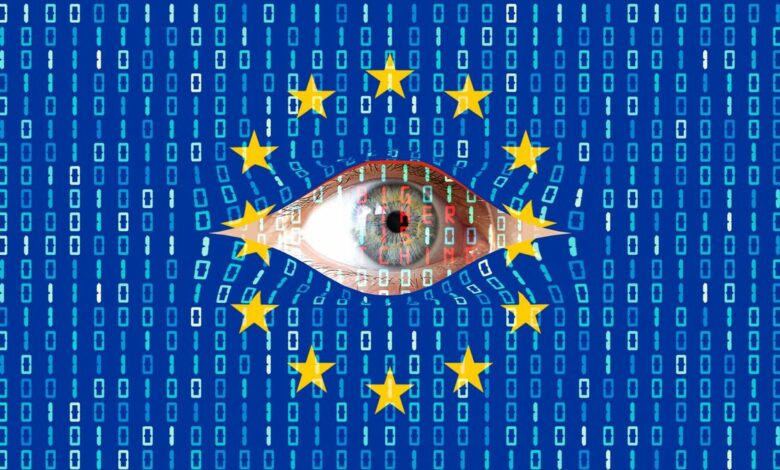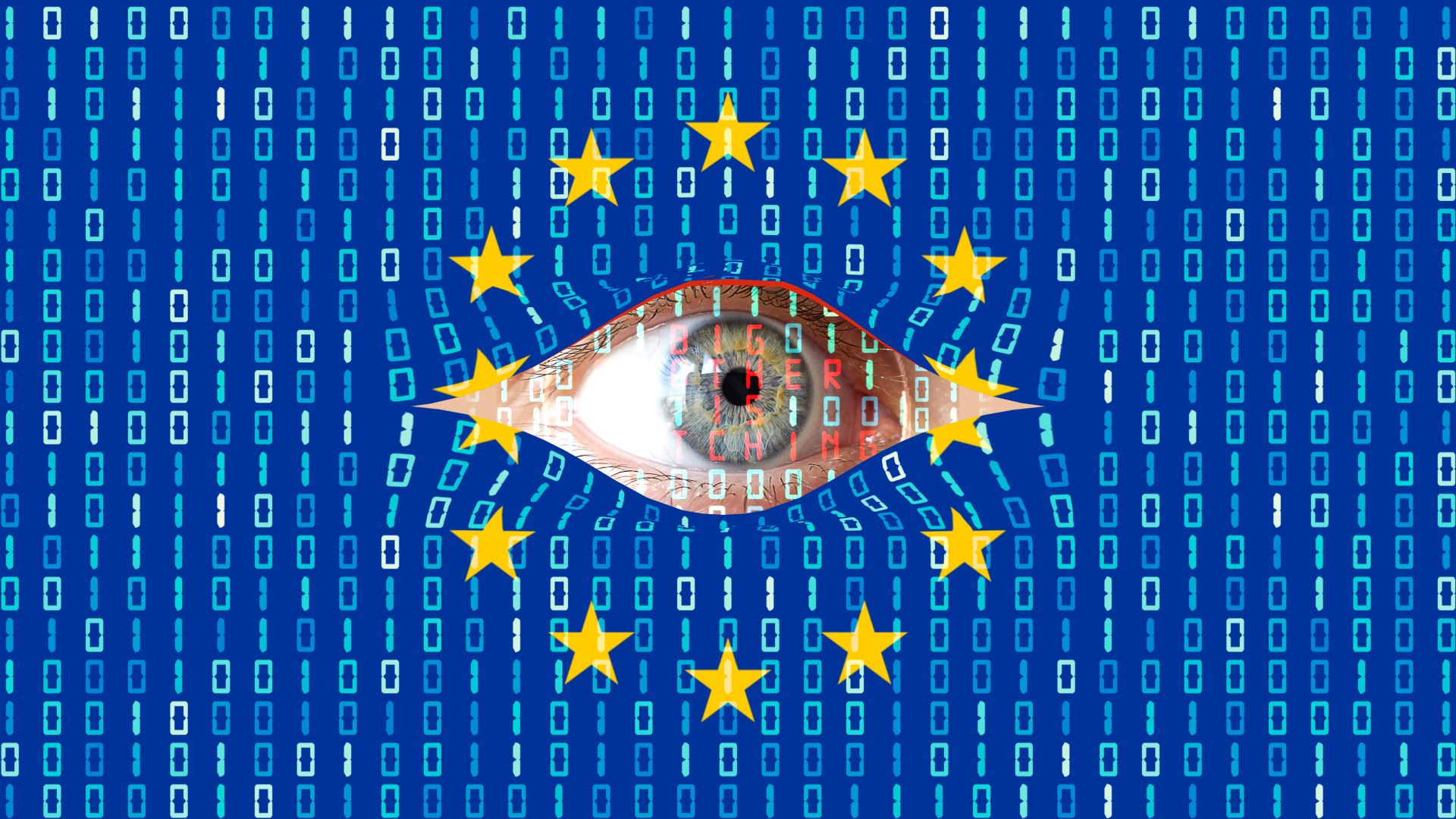Civil society organizations warn against EU plans to make digital devices controllable at all times


The EU’s plan to make all digital devices auditable at all times poses “major risks of mass surveillance and substantial threats to security and privacy.”
This warning comes from a coalition of 55 community groups and technology companies, including secure email Tuta and Proton, the provider behind one of the best VPN and email services.
Experts are particularly concerned about the way in which the proposal was drawn up ‘behind closed doors’ civil society denied an opportunity to participate.
The Going Dark Initiative
The European Commission’s High-Level Group (HLG) first shared 42 recommendations in June on how to implement a ‘lawful data access by design’ framework to ensure data access for effective law enforcement across all digital devices and online platforms.
The aim is to make the digital devices we use every day, from smartphones and smart homes to IoT devices and even cars, legally and technically auditable by law enforcement authorities at all times.
Encryption (scrambling data into an unreadable form to prevent unauthorized access), access to stored data and localization, data retention practices, and anonymization offered by virtual private networks are among the main goals.
According to experts, this so-called Going Dark agenda – the claim that there is a lack of access to data to successfully combat crimes – may instead amount to ‘insecurity by design’.
“In practice, this would require the systemic weakening of all digital security systems, including but not limited to encryption,” the open letter reads, arguing that this would endanger the security of everyone and seriously affect people’s fundamental rights .
“A backdoor – or other circumvention mechanism – intended for law enforcement can always be exploited by other actors,” the experts wrote again.
A report from a high-level group “#GoingDark” 🌑 promotes an ideology of maximizing police access to data for surveillance purposes. Read our open letter responding to these flawed EU policy recommendations and our offer for a better approach. ☀️pic.twitter.com/i3ZJOoDUmIDecember 11, 2024
This plan complements another legislative proposal being discussed in the EU Council: the Child Sexual Abuse Regulation (CSAR).
Considered by critics to be Chat Control, the current design requires communication service providers – including encrypted messaging apps and secure email services – to scan all photos, videos and URLs you share with users’ permission, looking for sexually explicit material. child abuse (CSAM).
Needless to say, the controversial proposal has received strong criticism from all fronts on both privacy and security grounds since its first presentation in May 2022.
Although the EU Council still cannot agree on chat monitoring, all members are committed to finding a balanced solution to combat these crimes. Therefore, lawmakers must find a compromise before submitting the bill to Parliament for negotiations.




